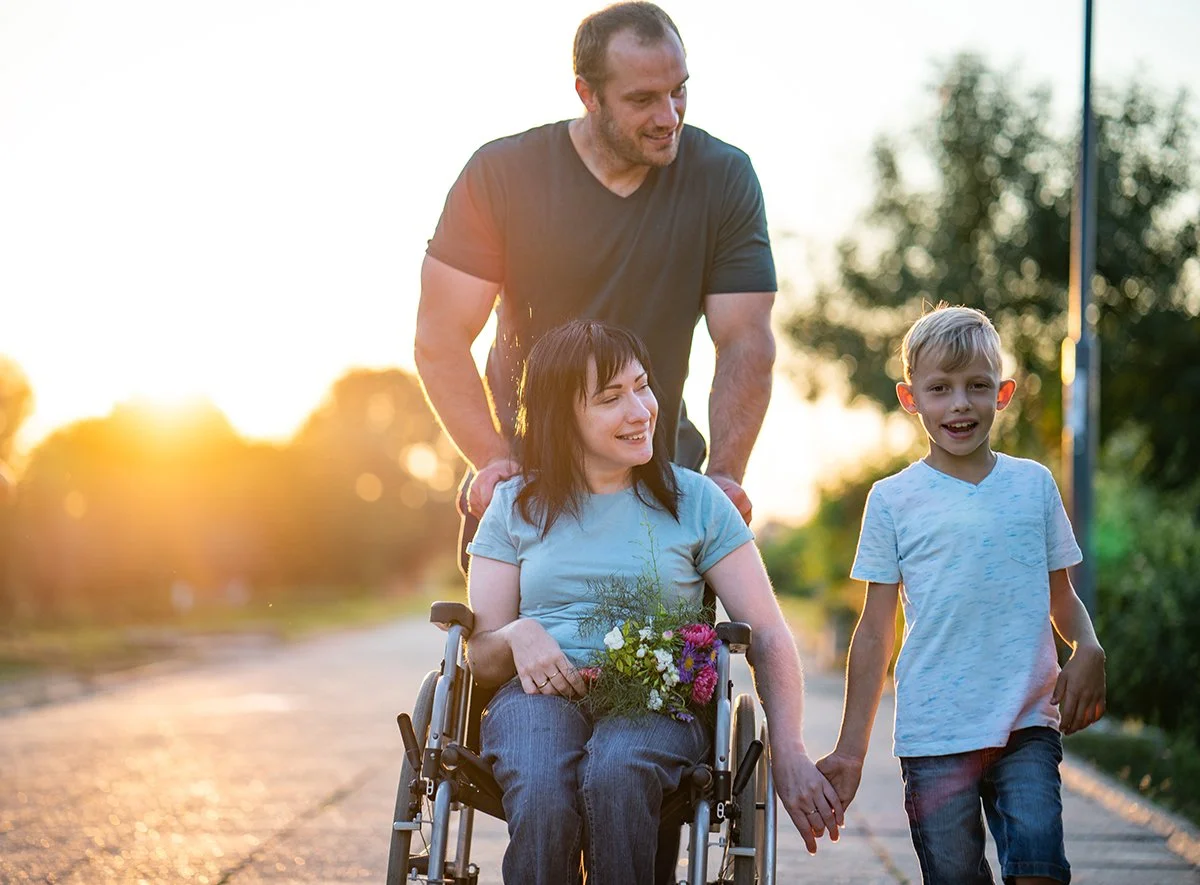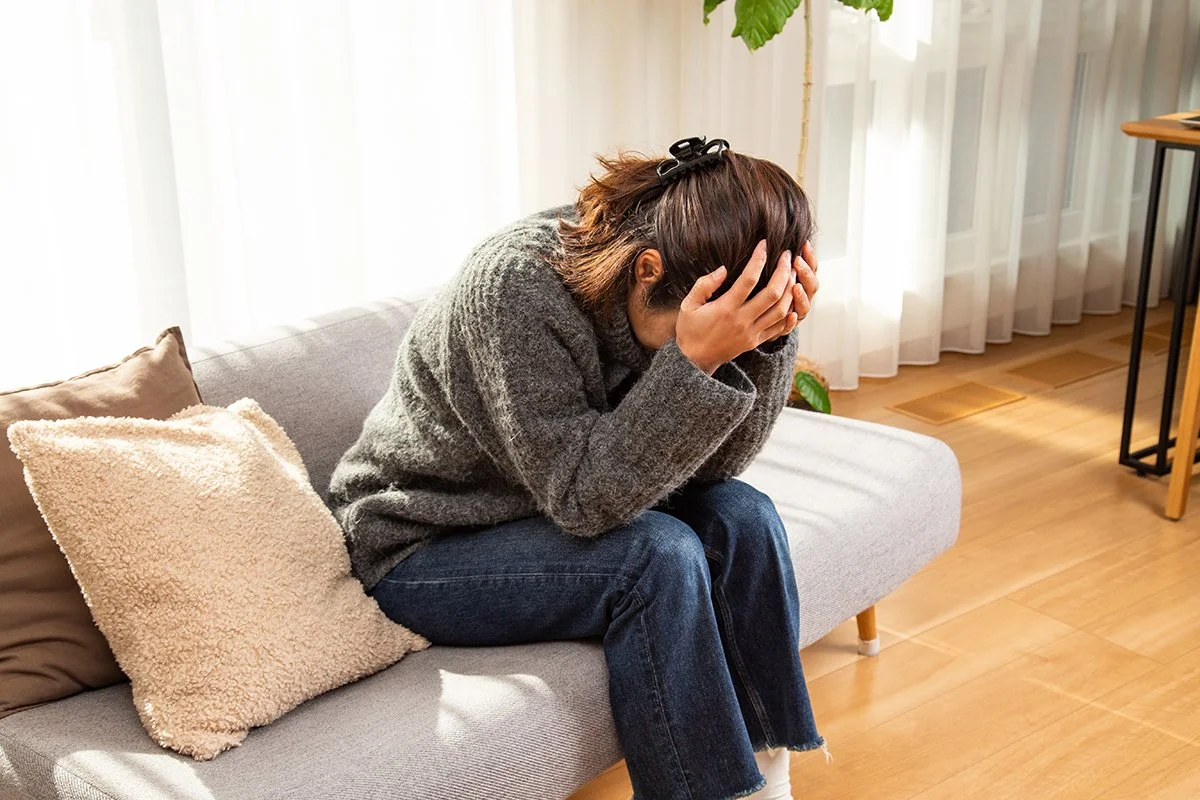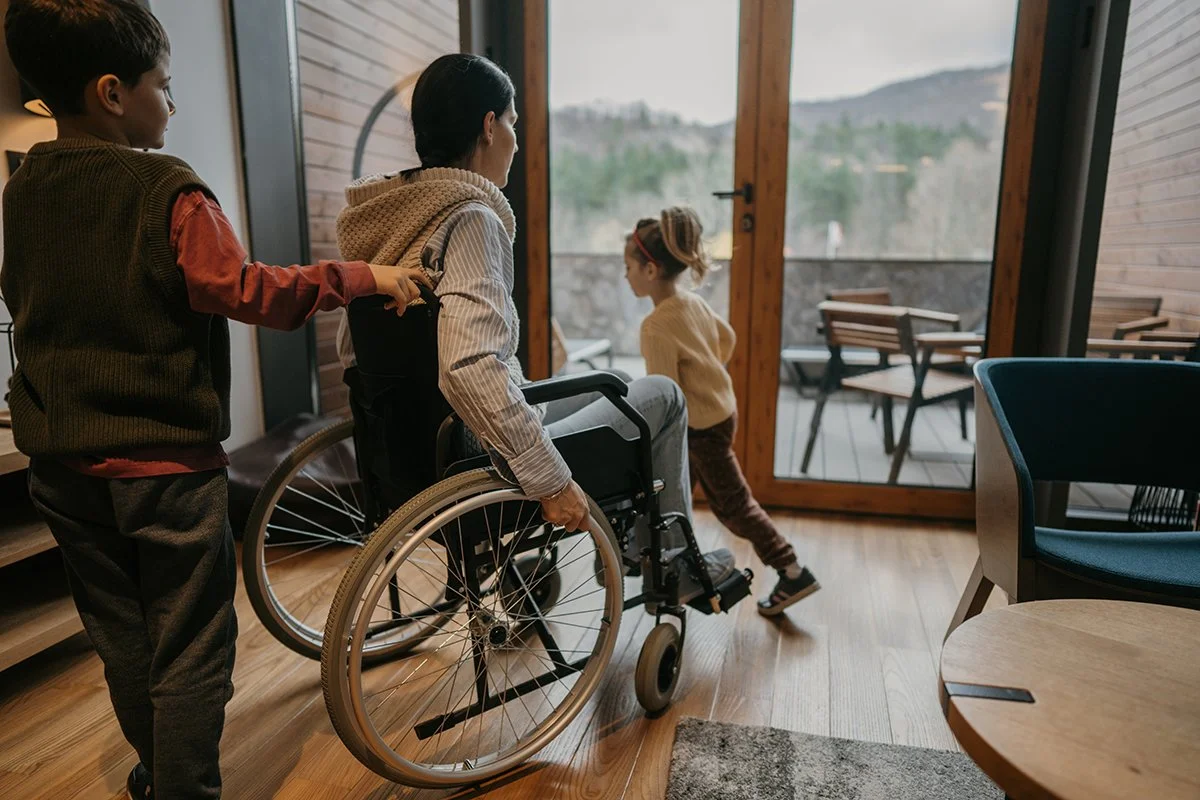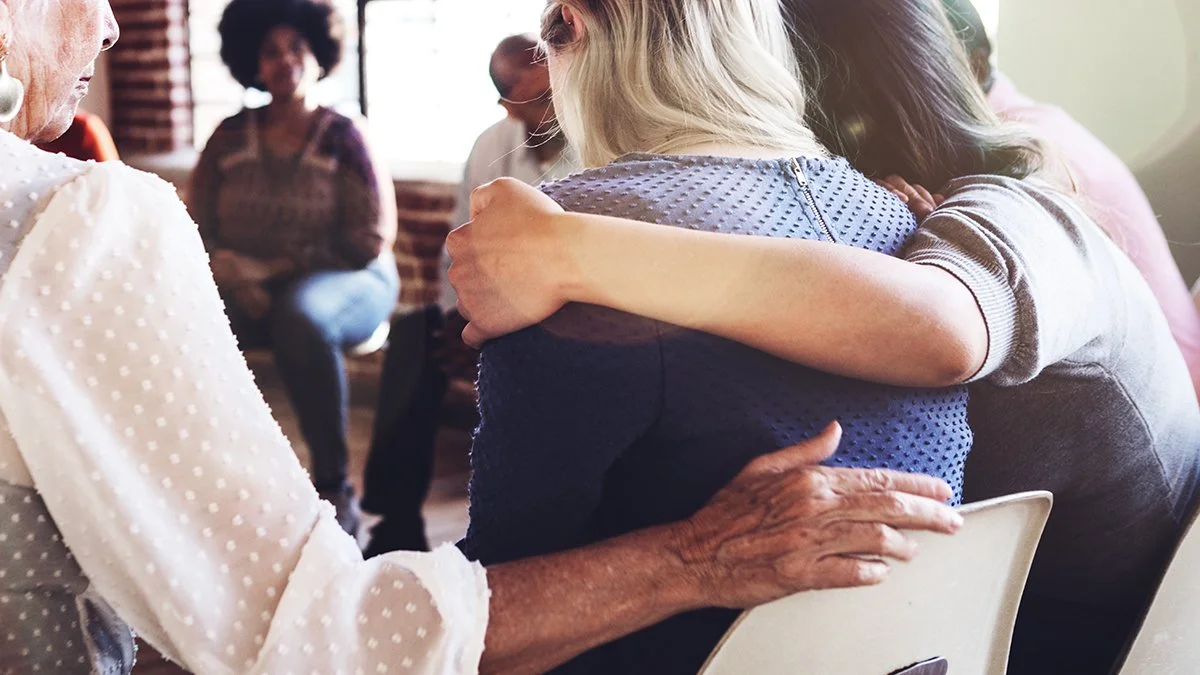Our Unseen heroes: The quiet weight that carers carry.
Where Are the Stories About Us?
The Ones Who Care.
I’ve started writing our story more times than I can count — the trauma of the accident, the shit-show that followed, the learning curve no one prepares you for. I’ve stopped and started because, honestly, the pressure of having a “feel good” outcome doesn’t sit right with me.
Here’s the thing: when it comes to spinal cord injury, traumatic brain injury, or any other number of neurological conditions there are plenty of stories out there that are remarkable stories of survival. Of resilience. Of people overcoming impossible odds to do extraordinary things. And those stories matter — we need them. We celebrate our own homegrown heroes like Sam Bloom , Kai Sakakibara and Perry Cross (More about the incredible things the Perry Cross foundation are doing in an up coming blog)
But behind almost every one of those triumphant moments… is someone in the background. A partner. A parent. A sibling. A friend. A carer.
Someone quietly holding it all together and that person is rarely in the headline.
While there are books, articles, and viral videos about people with injuries and how they’ve rebuilt their lives — trying to find a story about a resilient carer is like Googling ‘that guy from that movie’ and hoping for the best.
Carers are the backup crew, the logistics team, the emotional sponge, the medical translator, the advocate, the planner, and the occasional crisis negotiator — often all before lunch. But their not usually the ones people write about.
So maybe this is where our story starts — not with the “feel-good” ending, but with the messy, real, unpaid, exhausting middle. The part no one tells you about. The part where you're not the hero in the spotlight, but the one building the stage in the dark - and our stories matter too.
It's not a job you’ve apply for… One day you're just you – a partner, a sibling, a parent, a friend negotiating everyday problems and concerns – and the next, BAM you're a carer and nothing can prepares you for what that means.
There is a particular kind of isolation that comes with this role. It isn't just about the physical demands or the medical responsibilities. It's the emotional terrain that no one sees. It's a loss of identity and feeling invisible. Like the world suddenly stopped seeing you, except in relation to the person you now care for. Your own needs, your career and your dreams simply don’t matter any more.
And then there's the grief. Not just for the person you once knew, but for the life you thought you were going to have. The plans you made, the parenting you imagined, the work you loved – now put on hold or let go of entirely. It's a silent loss that doesn't get much space in conversation.
As if thats not enough, would you like a side of guilt with that? Guilt that it happened to them and not to you and sometimes the guilt goes even deeper… You replay the day of the accident in your mind. You wonder, "What if I'd driven instead? What if I had said no to that activity? What if I could’ve protected them?" Even though you know it wasn’t your fault, you still carry it. Heavy and unspoken it becomes part of your day and can make you feel like you don’t have the right to be okay.
Of course our logical brain knows we are not to blame. Accidents happen. Illness happens. Life changes in an instant, and it’s cruelly unfair. But our hearts are always heavy with thought of what might have been.
If you're caring for a partner, there's another layer of complexity. The relationship shifts. Intimacy changes. The balance between lover and carer can feel impossible to navigate. You're grieving the partnership you once had while building a new one in a world neither of you expected. It’s complicated and messy.
If you're caring for a child, the distress runs deep. You'd trade places in a heartbeat. You ache for what they've lost and for the dreams you had for them. You watch other children grow and thrive while yours battles every day. And the weight of wanting to fix it – and knowing you can't, is devastating.
Bringing your loved one home from hospital is terrifying. In hospital, they had nurses, doctors, support 24/7. At home, there's just you and theres no manual.
You know that you should feel happy that they are home but you are scared of what it means and how you will cope. Once home from hospital the home you once loved might now feel more like a hospital. Rails, equipment, hoists. It's necessary, but it stings. It feels like one more thing you didn't get a say in.
Other family members are often carers too, especially children. Young carers who step up quietly – helping with transfers, fetching supplies, comforting siblings. Their childhood is altered, their innocence interrupted. They carry responsibilities that many adults would struggle with, and often without the support or recognition they deserve.
You’re constantly told by well meaning people that “you are so strong, I don’t know how you do it” and most days you are strong even when you’re totally exhausted and burnt out. But some days you don’t want to be strong - you want to spend the day in bed and have someone look after you - but the reality is there isn’t that someone and there never will be.
Losing your job, your independence, even your social circle—these are real losses. Some friends disappear, not knowing what to say or how to support you. And it hurts. But some friends stay. Appreciate those ones. They see you. They matter.
And then there’s this old chestnut..
“Don’t Forget to Look After Yourself” — The Unintentional punchline of carer Life
If you're a carer for someone with a spinal cord injury or brain injury — you've likely heard this gem more times than you can count.
Well-meaning but also… mildly infuriating.
Here’s the thing: when you’re coordinating medications, appointments, specialist referrals, emotional support, meal plans, mobility routines, paperwork, and, oh yes, trying to remember what day it is — being told to “look after yourself” can sound suspiciously like being assigned yet another job.
It’s the carer’s version of telling someone don’t forget to hydrate during a fire!!
The sad truth is that support for carers is sparse. We're expected to carry so much with so little acknowledgment. But there are ways to build resilience.
Realise that it’s ok to not do it all.
Say YES when someone offers help. Take it. People want to help - they feel terrible that this awful thing has happened but they don’t know what to do to help you so you need to tell them.
Delegate the laundry, the shopping, the meals, driving the kids to sports… whatever you can think of to lighten the load.
Realise that It doesn't make you weak. It makes you wise!!!
2. Shift the Inner Dialogue… Challenge negative self-talk with kinder, realistic thoughts.
You are doing your best. And that is enough.
It's okay to rest. It's okay to feel.
You're not alone. Others are walking this path too.
3. Stay Connected
Join a support group (in person or online): Connecting with other carers helps normalise your experience and reduces isolation.
Talk to someone regularly: Whether it’s a friend, therapist, or support worker, don’t bottle it all up.
4. Maintain Your Physical Health
Sleep: Prioritize consistent, quality sleep. Exhaustion erodes resilience.
Move your body: Even 15 minutes of walking, stretching, or dancing can improve your mood and energy.
Eat nourishing food: Think fuel, not just food. Regular meals = more stable energy and emotions.
5. Use Micro-Mindfulness
You don’t need to meditate for an hour. Try:
Box breathing (inhale 4, hold 4, exhale 4, hold 4)
3-minute body scan (scan from head to toe, noting tension)
Mindful tea break (sip slowly, no phone)
6. Routine is key
Set a daily rhythm where possible: Predictability reduces mental load.
Schedule in “you” time, even if it’s just 10 minutes.
7. Create Boundaries
Its Ok to say “no” or “not now”
Find a space where you can go, outside or into a room and let your family members know that this is a space where you go to be alone.
Decline an invitation - even if its an event you feel pressure to attend - you don’t need to do anything that makes your nervous system stressed.
Ditch the Drama - If family members are dragging you into drama or giving you grief- tell them you are “currently accepting applications for peaceful conversations only”.
8. Know Where to Get Help
Use respite services when needed — even a few hours off can make a difference. One particular life-line for us was Sargood on Collaroy (a short-term accommodation and respite facility for people living with spinal cord injury).
Get professional mental health support: Therapy isn’t just for crisis — it’s resilience training.
Access education: Understanding your loved one’s condition gives you confidence and reduces stress.
9. Reconnect with Joy
Reclaim hobbies: Even short bursts of creativity, laughter, or play help recharge emotional batteries.
Celebrate small wins: Did you make it through the day? That’s worth celebrating.
10. Acceptance
Acceptance doesn’t mean liking what happened. It doesn’t mean you’re okay with the way things are. It means learning to live alongside the hard truths — that life has changed, that grief will come and go, and that joy although it might look different can still be found.
If this list feel overwhelming - just pick one thing that resonates with you and practice it daily. Remember…. Carers don’t need to be superheroes. Resilience is about bending without breaking — staying connected to yourself, others, and your purpose, even when the pressure builds.
You're not just a carer. You're still you. And you’re doing an incredible job.
Resilience Isn’t Perfection — It’s Persistence!
Resources and Support for Carers
Sargood on Collaroy: short-term accommodation and assistance packages for people living with spinal cord injury.
Carer Gateway: National support service for carers offering counselling, financial support, and respite.
Carers Qld: representing unpaid family and community carers in Queensland
Young Carers Network: Information and peer connection for young carers.
Spinal Cord Injuries Australia: Peer support, advocacy and resources for those impacted by spinal cord injury.
Synapse: Brain injury support services across Australia.
Lifeline – 13 11 14: Crisis support and suicide prevention.
Beyond Blue – 1300 22 4636: Mental health support for anxiety and depression.
NDIS – Carer Information: Resources for carers navigating the NDIS.
If this story resonates with you, please share it with someone who needs to hear they’re not alone.
If you are in Brisbane, are a carer for a person with a Spinal Cord Injury or Brain Injury and feel that you might benefit from participating in a workshop with a focus on kind, supportive peer support and resilience we would love to hear from you.
Please leave your details here.








